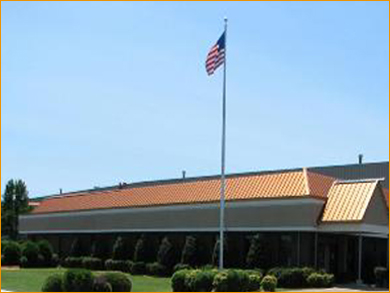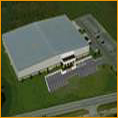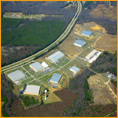3rd Quarter 2025
Market Watch
by Joe A. Hollingsworth, Jr.
We suggest simply reviewing the executive summary of the recently passed “big, beautiful bill.” Economically speaking, it sparks a powerful shift in mindset—fueling the spirit of “What could I make happen?” and reigniting the “what if” questions that make life so dynamic, challenging, and full of potential.
Nearly every major provision in this tax legislation invites us to rethink our approach, whether incrementally or fundamentally. Yes, reading through tax policy may not be thrilling; but, if you’re willing to lean into the “what ifs,” the possibilities far surpass the buzz of a few old fashioned cocktails.
From late-night pillow talk to Ivy League lectures, few legislative actions have offered this level of transformative potential. It’s not just regulatory relief; it’s an invitation to imagine, build, and act. The conversation shifts from “Why would they overregulate that?” to “Why not go for it?”
This is paradigm-shifting legislation. Exponential opportunity is no longer theoretical; it’s here.
What if personalized stem cells could eliminate some of the most devastating diseases known to humankind? Aspen Neuroscience is leading the way by reverse-engineering a patient’s own cells back to a stem-like state—induced pluripotent stem cells (iPSCs)—which behave much like embryonic stem cells and can develop into virtually any cell type needed for treatment. For diseases long considered incurable, this represents a potential turning point.
Clinical trials are now underway to establish “proof of principle”. While the technology is currently expensive, success could open the door to an entirely new field of regenerative medicine—one capable of generating specialized cell types in the lab using a patient’s own biology. This approach also minimizes the risk of immune rejection, eliminating the ethical and logistical challenges of using embryonic stem cells.
This is only the beginning. The ability to regenerate or replace cells affected by degenerative conditions could dramatically extend quality of life and transform not just individual outcomes, but entire family trajectories. The economic and societal implications of these “what ifs” are profound.



